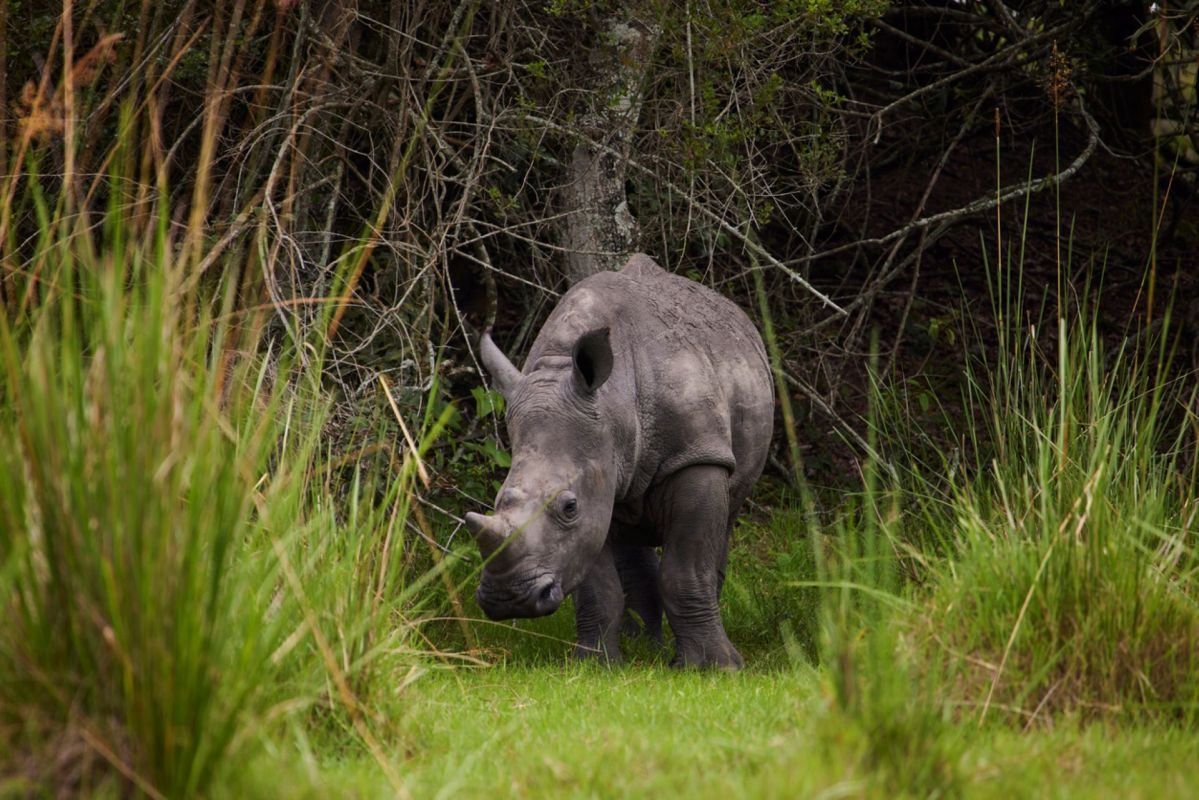In a world where tales of extinction and environmental emergencies are all too common, a beacon of hope shines from Indonesia's Lampung province. In Kambas National Park, a critically endangered Sumatran rhino gave birth to a male calf.
This 55-pound rhino represents a crucial addition to a species with fewer than 50 remaining animals globally, reported the Associated Press.
The Sumatran rhino sanctuary signifies a step forward in conserving the species, which faces grave threats from habitat destruction and poaching. This birth is a product of sustained semi-natural breeding efforts, demonstrating the potential success of these conservation strategies.
The calf's father, born at the Cincinnati Zoo in 2006, was the last Sumatran rhino to be exiled to Indonesia, uniting the global population of these rhinos in their native land. The calf's mother, Delilah, is a second-generation captive-born Sumatran rhino. She is the sister to the first rhino born in captivity in Indonesia in 124 years, all according to the AP.
The newborn, who was yet to be named, has already shown signs of good health and was able to stand, walk, and breastfeed shortly after birth. His arrival, 10 days ahead of schedule, was a happy surprise to the conservation guard who found him beside his mother.
Innovative and dedicated conservation efforts are proving effective in the fight against wildlife extinction. The birth of Hercules, a rare Philippine spotted deer at England's Chester Zoo, demonstrates the impact of breeding programs in preserving endangered species. Similarly, in Hawaii, innovative "mosquito birth control" techniques are being used to save native bird species from diseases.
These efforts, along with the recent birth of a critically endangered Sumatran rhino in Indonesia, underscore the potential for success in conservation initiatives, offering hope for the future of these and other vulnerable species.
The plight of the Sumatran rhino, classified as critically endangered by the IUCN Red List, is a poignant reminder of the urgency required in conservation efforts. With only about 30 mature rhinos remaining, every birth is a milestone in the race against extinction.
Recently, in large part due to changing climates across many warming regions of the globe, 21 animals were removed from the endangered species list in the U.S. because they were deemed to be extinct.
Indonesian Environment and Forestry Minister Siti Nurbaya Bakar highlights this event as a testament to Indonesia's commitment to Sumatran rhino conservation. In a statement quoted by the AP, Bakar wrote, "This birth is also the birth of the second Sumatran rhino in 2023. It emphasizes the government commitment of the Indonesian Government on the rhino conservation efforts in Indonesia, especially the Sumatran rhino."
TCD Picks » Quince Spotlight

The Sumatran rhino, a species teetering on the brink, has been given a fighting chance, and with it, we find a renewed conviction to protect our planet's precious wildlife.
Join our free newsletter for weekly updates on the coolest innovations improving our lives and saving our planet.













